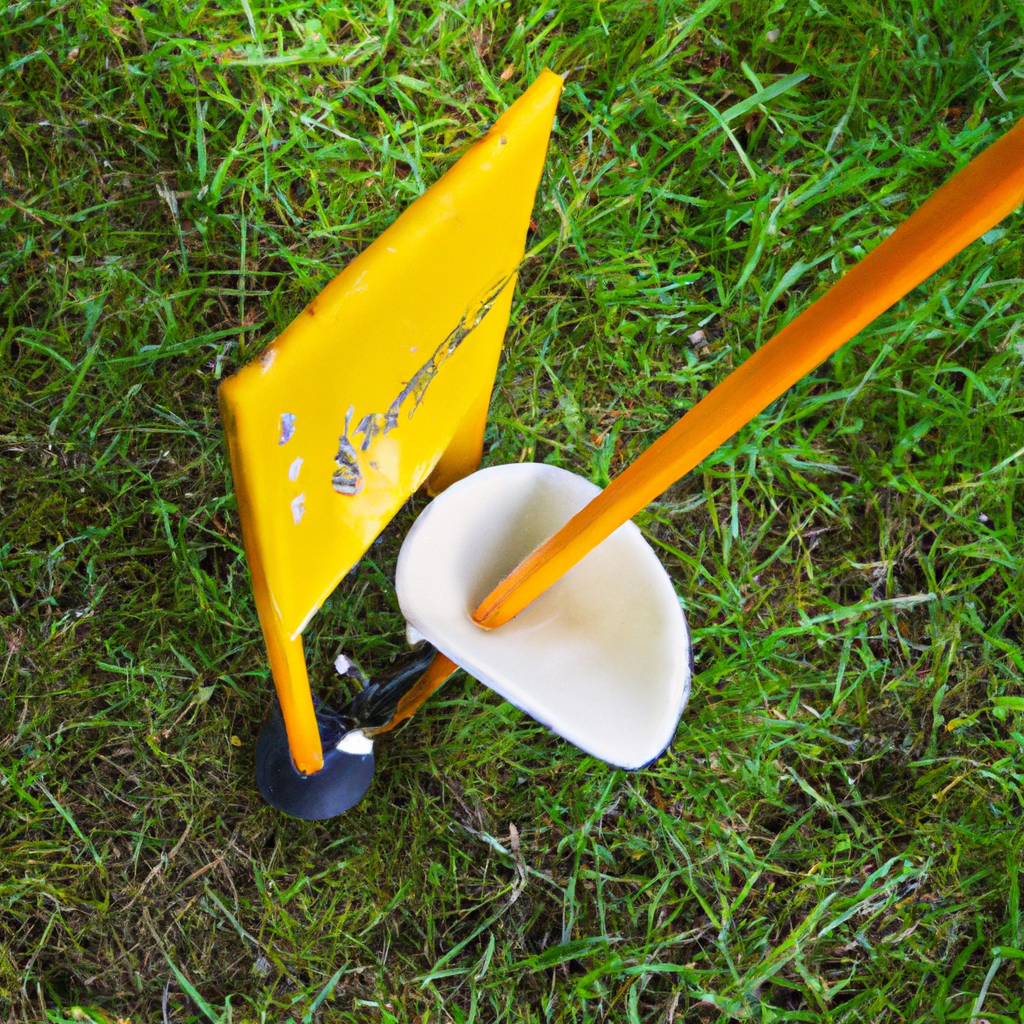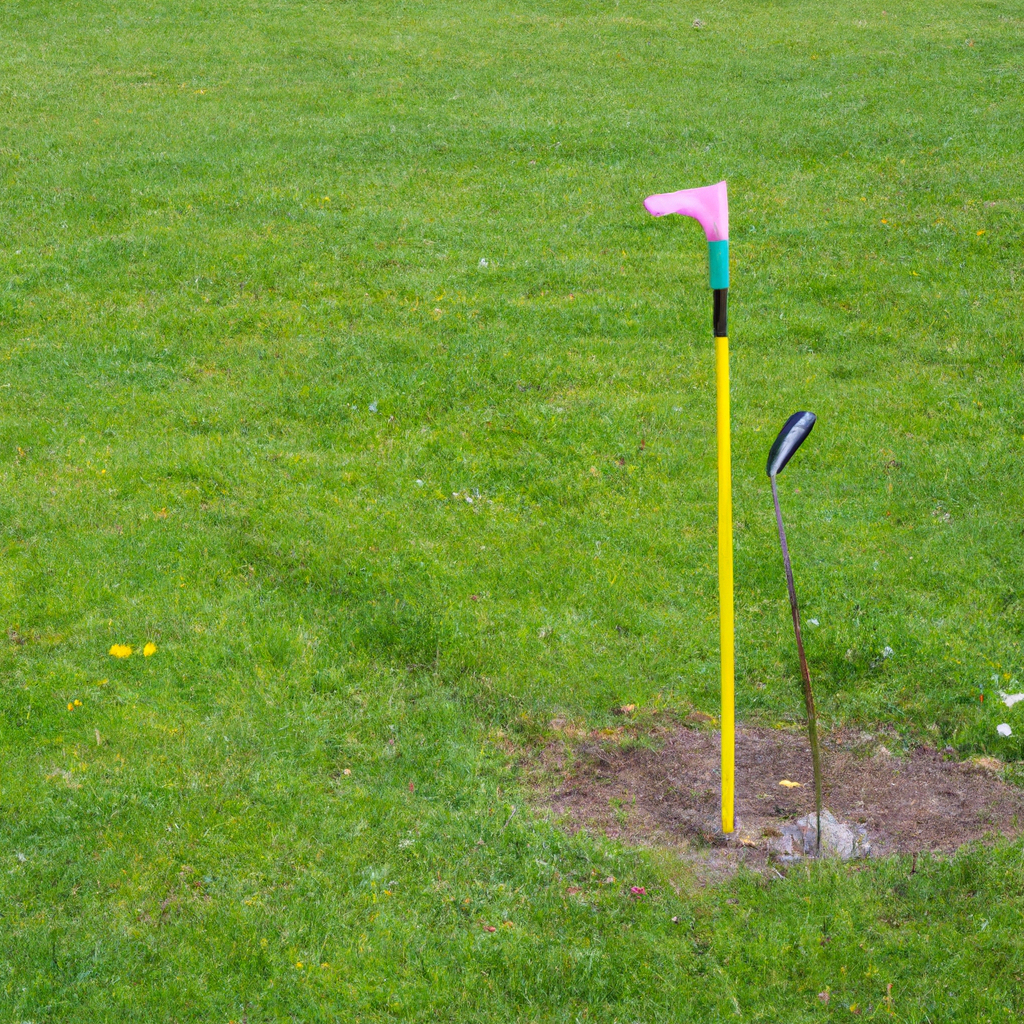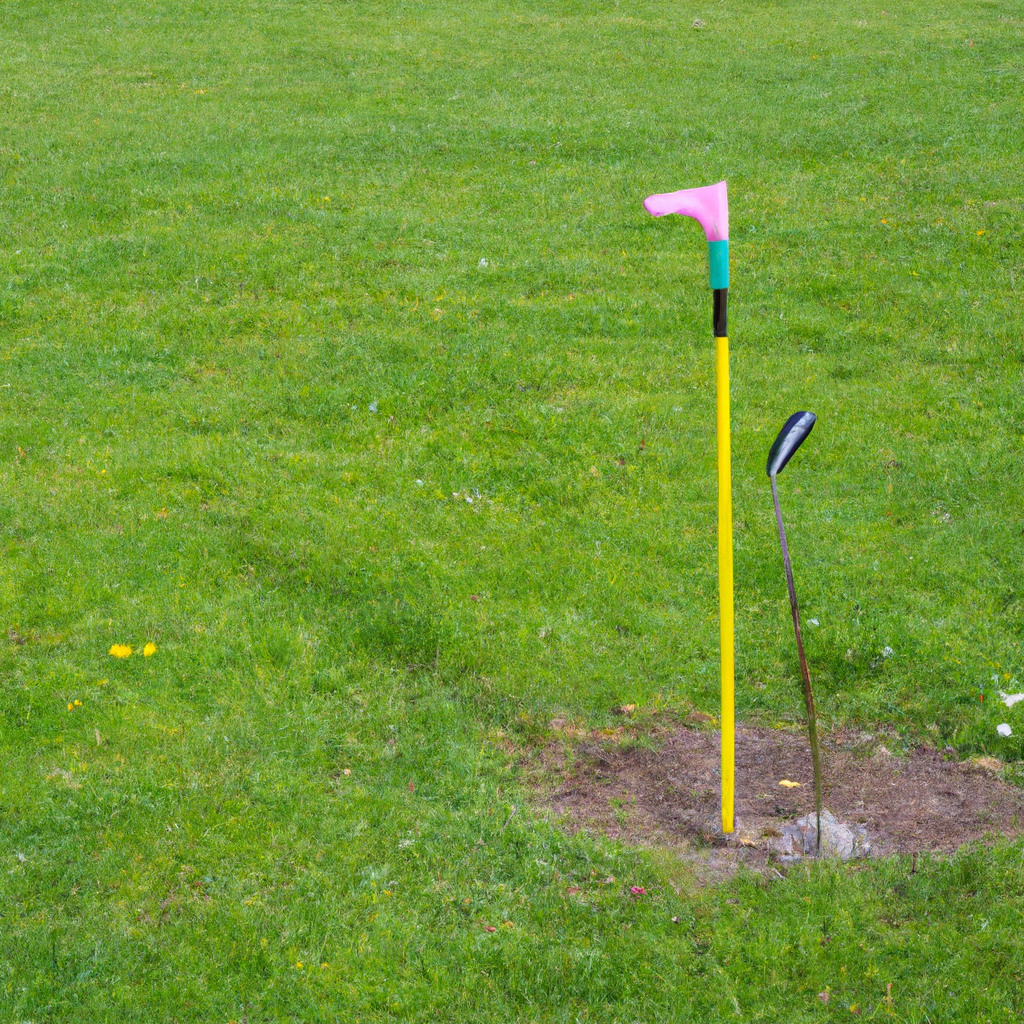So, you’re curious about how much time it takes to complete a game of 9 holes in golf? Well, you’ve come to the right place! In this article, we’ll uncover the average duration it takes for a golfer to tackle a 9-hole course. Whether you’re a beginner looking to gauge your pace or a seasoned player seeking some insights, we’ve got you covered. So, put on your golf shoes and get ready to discover just how long it takes to enjoy a round of 9 holes on the green!

Average Time to Complete 9 Holes
Golf is a game that requires both skill and patience, and knowing the average time it takes to complete 9 holes can help you plan your golf outings better. While the actual time can vary depending on several factors, we will discuss the typical duration, the variances in time, the factors influencing the duration, and the skill level required.
Typical duration
On average, it takes about 2 to 2.5 hours to complete 9 holes of golf. This estimate includes factors like the pace of play, the number of players on the course, and the course layout. However, keep in mind that this is just a general guideline, and actual timings may vary based on individual circumstances.
Variances in time
There can be considerable variances in the time it takes to complete 9 holes of golf. Some players, particularly more experienced ones, may complete a round in less than 2 hours. On the other hand, beginners or slower players may take closer to 3 hours. It’s also worth noting that golfers who like to take their time and enjoy the scenery may take longer than those who are more focused on finishing quickly.
Factors influencing duration
Several factors can influence the time it takes to complete 9 holes of golf. These factors include the course layout, course conditions, the number of players on the course, the pace of play, and whether you are playing solo or in a group.
Skill level
The skill level of the golfer can also affect the duration of a round. Generally, more skilled golfers tend to complete their rounds faster as they have better control over their shots and are more efficient on the course. However, beginners may take longer due to their learning curve and the time it takes to execute each shot.
Factors That Affect the Duration
To understand why golf rounds can take different amounts of time, let’s dive deeper into the factors that influence the duration of 9 holes.
Course layout
The layout of the golf course plays a significant role in determining how long it takes to complete a round. Some courses feature shorter holes and easy-to-navigate fairways, making them quicker to play. In contrast, longer and more challenging courses with intricate green complexes and hazards may require more time to strategize and execute shots.
Course conditions
The condition of the golf course can impact the pace of play. Well-maintained fairways and greens make it easier to locate and play shots, resulting in faster rounds. Conversely, if the course is poorly maintained, with overgrown rough or slow greens, it may slow down the pace of play as golfers spend more time searching for balls or adjusting their putting.
Number of players
The number of players on the course can significantly impact the duration of a round. If there are fewer players, such as playing as a twosome or even playing solo, you can expect to finish faster as there will be less waiting time between shots. On the other hand, crowded courses with many groups ahead of you may lead to slower play.
Pace of play
The pace of play refers to the overall speed at which golfers progress through the course. It can be influenced by factors such as the experience level of the players, their playing styles, and adherence to golf etiquette. Golfers who maintain a steady pace, avoid unnecessary delays, and quickly move through each hole tend to complete their rounds faster.
Solo vs. group play
Playing as a solo golfer can generally result in a quicker round as you have full control over the pace and don’t need to coordinate with others. However, playing in a group can also be enjoyable and may even speed up play if everyone is prepared and organized. Good communication, efficient shot selection, and minimizing distractions can contribute to faster play as a group.

Strategies to Speed Up Play
While golf is a game that is meant to be enjoyed at a leisurely pace, there are strategies you can employ to speed up play and ensure a more efficient round. Here are some tips to consider:
Preparation and organization
Before heading out to the golf course, make sure you are well-prepared. Arrive early, warm up at the practice range, and familiarize yourself with the course layout. Additionally, ensure you have all the necessary equipment, such as balls, tees, and extra gloves, readily available to avoid unnecessary delays.
Choosing the right clubs
Selecting the appropriate clubs for each shot can save you valuable time on the course. Evaluate the distance, weather conditions, and any hazards present to make an informed decision. By choosing the right club on the first attempt, you can avoid the need for multiple shots and reduce the time spent searching for errant shots.
Course management
Having a strategic approach to each hole can help speed up play. Familiarize yourself with the course layout, take note of potential hazards or areas where you may want to aim, and plan your shots accordingly. By having a game plan in mind, you can minimize unnecessary shots and save time on decision-making.
Ready golf
Encouraging the concept of “ready golf” can significantly improve the pace of play, particularly in group settings. Instead of strictly adhering to the order of play, golfers can take their shots when ready, as long as it doesn’t interfere with other players. This approach reduces waiting time between shots and keeps the game moving smoothly.
Efficient putting
Putting can often be a time-consuming aspect of the game. To speed up play on the greens, practice your putting skills to become more consistent and confident. Additionally, once you’ve reached the green, be ready to putt as soon as it’s your turn. Avoid excessive practice putts and aim to hole your putts efficiently to keep the game flowing.
Limiting search time
If you hit a wayward shot and can’t immediately locate your ball, it’s essential to spend a reasonable amount of time searching before deciding to play a provisional or drop a new ball. By adhering to the time limits suggested by golf etiquette, you can maintain a good pace of play and avoid unnecessary delays.
Benefits of Playing 9 Holes
Playing 9 holes of golf offers several advantages that can appeal to golfers of all skill levels, budgets, and time constraints. Here are some benefits to consider:
Time-saving
One of the primary benefits of playing 9 holes is the time saved. If you are on a tight schedule or don’t have several hours to commit to a full 18-hole round, playing 9 holes allows you to enjoy the game without dedicating a significant portion of your day to golf.
Convenience
Since playing 9 holes takes less time, it offers greater convenience, especially for busy individuals. You can squeeze in a round of golf after work, during lunch breaks, or whenever you have a few hours to spare. With shorter playing times, you can still fulfill your golfing passion without sacrificing other commitments.
Affordability
Playing 9 holes is often more cost-effective than playing a full 18-hole round. Golf courses typically offer reduced rates for 9-hole play, making it a budget-friendly option for those looking to enjoy the game without breaking the bank. This affordability can be particularly appealing to recreational or novice golfers.
Focus and concentration
Golfing 9 holes allows you to maintain focus and concentration throughout the entire round. With fewer holes to play, you can stay mentally engaged and give each shot the attention it deserves, potentially improving your performance and overall enjoyment of the game.
Fitness benefits
Although golf is not as physically demanding as some other sports, playing 9 holes can still provide significant fitness benefits. Walking the course, swinging the club, and carrying or pushing a golf bag can contribute to calorie burning, cardiovascular fitness, and muscle strength. Golfing regularly, even for shorter durations, can be a great way to stay active.
Ideal for beginners
For beginners or individuals new to golf, playing 9 holes can be less overwhelming than starting with a full 18-hole round. The shorter course length allows beginners to gain confidence in their abilities, practice various shots, and get a feel for the game without feeling mentally or physically exhausted.
Alternatives to Playing 18 Holes
If you find that 9 holes of golf still require more time or commitment than you’re able to give, consider these alternatives that offer a shorter and more manageable golfing experience:
Pitch and putt courses
Pitch and putt courses are typically shorter in length and consist of shorter par 3 holes. These courses are designed to be beginner-friendly and offer an excellent opportunity to practice your short game. Playing a round on a pitch and putt course is quick, less intimidating, and can be enjoyable for golfers of all skill levels.
Executive courses
Executive courses are similar to traditional golf courses but are designed with shorter yardages and fewer hazards. These courses typically offer a mix of par 3 and par 4 holes, providing a quicker round than a standard 18-hole course. Executive courses are a popular choice for golfers looking for a shorter yet challenging golfing experience.
Golf simulators
Golf simulators provide a virtual and indoor golfing experience. These high-tech systems allow you to play various golf courses around the world in a controlled environment. Simulators offer the flexibility of playing a shorter round, ranging from a few holes to a full 18-hole experience, all within the confines of an indoor facility.
Driving ranges
If time is limited, or you are solely focused on practicing your swing and hitting some balls, visiting a driving range can be an excellent alternative. Driving ranges allow you to work on your golf skills without the need to play a full round. This option is particularly suitable if you’re looking for a quick practice session or just want to relieve some stress by hitting a few balls.
Par 3 courses
Par 3 courses consist entirely of par 3 holes, making them a great option for a quicker round. These courses are ideal for golfers who want to work on their iron play, fine-tune their short game, or enjoy a relaxed round with friends or family. Par 3 courses are often suitable for beginners or golfers looking for a more casual and social golfing experience.
In summary, the average time to complete 9 holes of golf is typically around 2 to 2.5 hours, but this can vary depending on various factors. Factors such as the course layout, course conditions, number of players, pace of play, and skill level can influence the duration of a round. By employing strategies like preparation and organization, choosing the right clubs, practicing ready golf, and efficient putting, you can speed up play. Playing 9 holes offers several benefits, including time-saving, convenience, affordability, focus and concentration, fitness benefits, and suitability for beginners. If even 9 holes are too time-consuming, alternatives like pitch and putt courses, executive courses, golf simulators, driving ranges, and par 3 courses offer shorter golfing experiences without compromising the enjoyment of the game. Whether you prefer a full 18-hole adventure or a condensed 9-hole round, golf offers a unique and rewarding experience for players of all levels.





